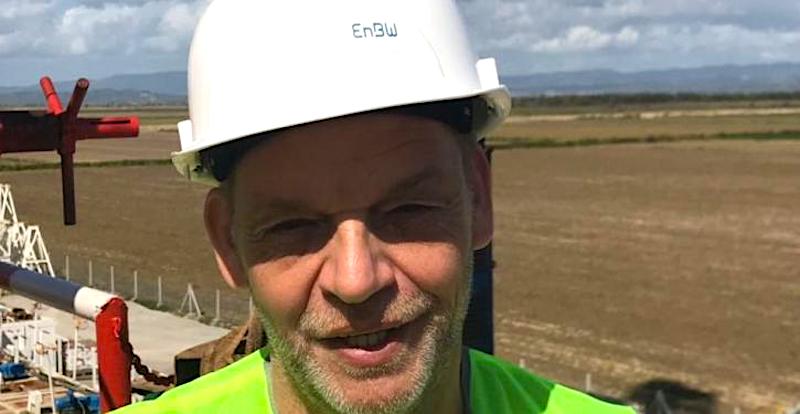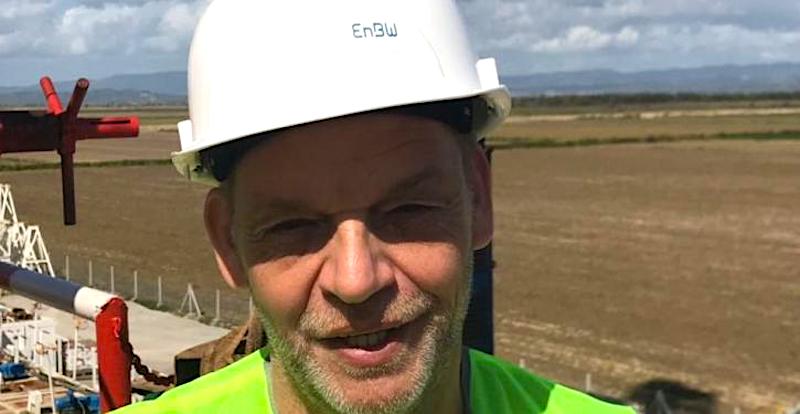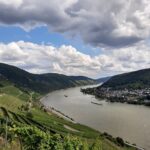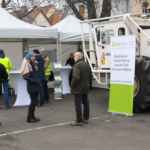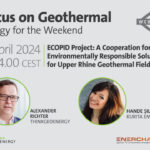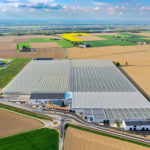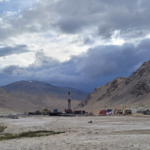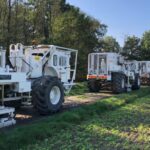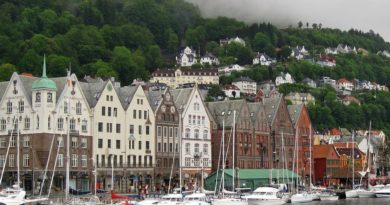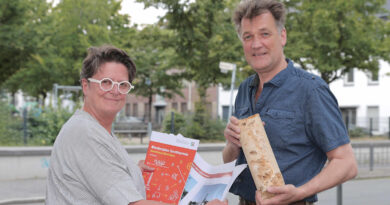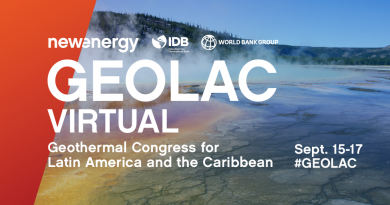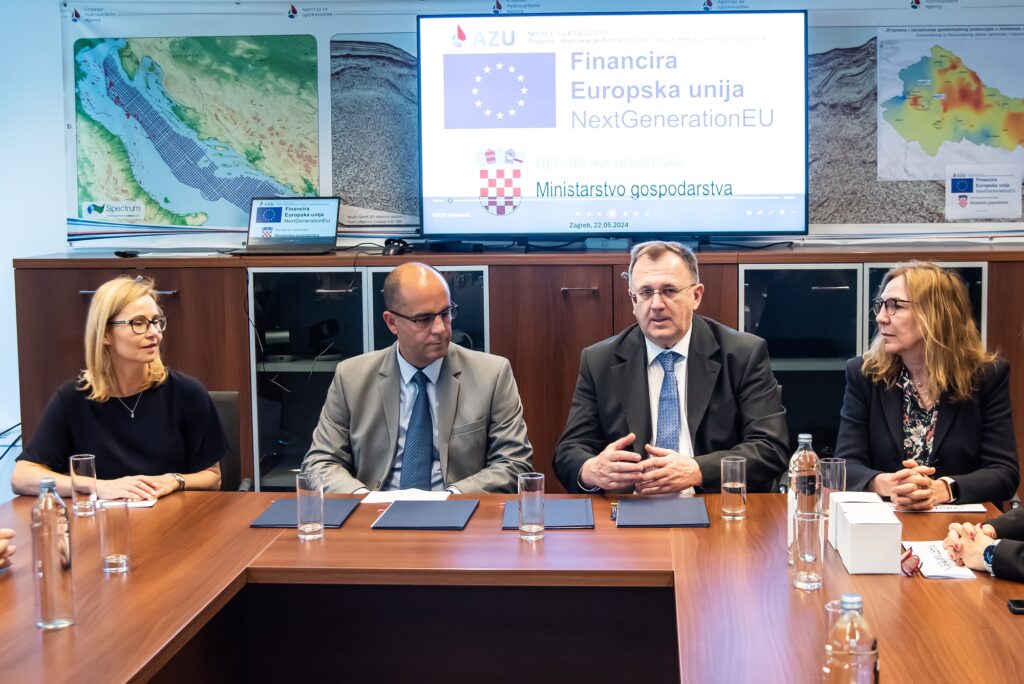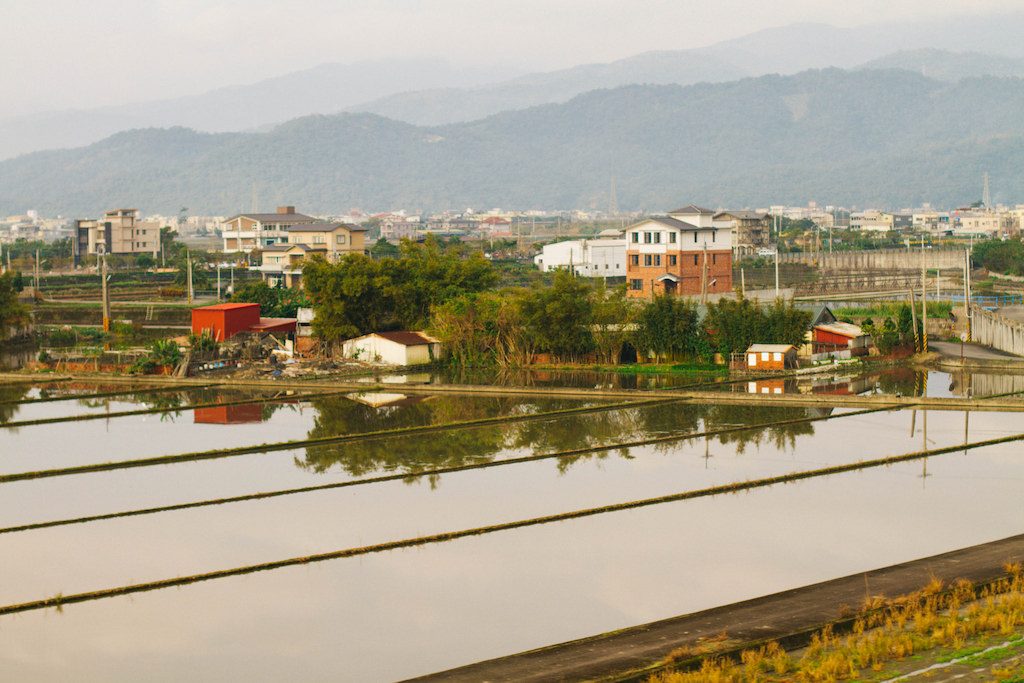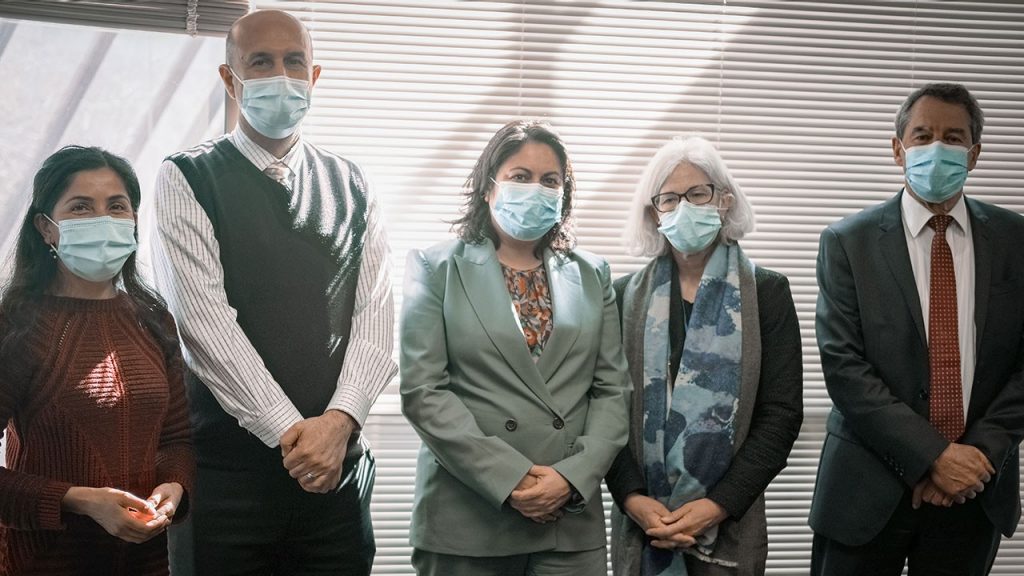EnBW sees great geothermal potential in the Upper Rhine Valley
Energy Disrupter
In this interview of Energate with Thomas Kölbel, lead for the geothermal group at German utility EnBW talks about a recent geothermal license granted and the good geothermal resources of the Upper Rhine Valley alongside the German-French border.
In this interview published earlier this week by Energate in Germany, Thomas Kölbel of energy utility EnBW in Germany provides an overview on why the Upper Rhine region, a border region of France and Germany, has unusually good geothermal resources.
Utility EnBW has been very active in Germany and internationally on geothermal energy development in Germany, e.g. also operating a geothermal plant in Bruchsal near Karlsruhe, Germany. But the company is also active internationally, e.g. in France.
Recently news reported on competing applications for a geothermal license in the Heidelberg-Mannheim-Schwetzingen area by private developer Deutsche Erdwärme on the one hand and EnBW and local utility MVV. Due to overlaps in the applications for the mining exploration permit, the responsible state office in Freiburg had to decide which of the two would be involved and rejected the application from Deutsche Erdwärme (energate reported). In the Energate interview with Thomas Kölbel, EnBW’s group geothermal expert, talks about the plans of EnBW and MVV.
Mr. Kölbel, is the permit from Freiburg the first major deep geothermal project for EnBW?
EnBW Research & Development has been dealing with geothermal energy for a long time. For example, we have been operating a geothermal system for electricity production together with our partner Electricté de Strasbourg in Soultz-sous-Forets, Alsace, since 2008. At the site, thermal water is pumped from a depth of around 5,000 meters through several wells and also reinjected. In Bruchsal, too, we operate a geothermal system together with the municipal utilities, which not only provides electricity but also heat to supply a police barracks. The thermal water is pumped from a depth of 2,500 meters at a temperature of around 125 degrees Celsius and returned to the thermal aquifer via a second borehole.
What are your plans specifically? How is the cooperation with MVV structured?
The Upper Rhine Graben is an area in Germany with a particularly attractive supply of natural geothermal energy. The Freiburg Regional Council, State Office for Geology, Raw Materials and Mining (LGRB) is responsible for developing this heat potential. The Freiburg Regional Council has released the license for the “Hardt” field (formerly “Schwetzingen”) for re-allocation. The exploration area is around 270 square kilometers and affects parts of the municipalities of Mannheim, Heidelberg, Brühl, Edingen-Neckarhausen, Eppelheim, Hockenheim, Ketsch, Ladenburg, Oftersheim, Plankstadt, Sandhausen, Schwetzingen, Altlußheim, Neulußheim and Reilingen.
MVV and EnBW submitted a joint application for permission to the State Mining Office in mid-September 2019. The two regional energy companies are ready to examine the possibilities and potential of this renewable energy in the region in a responsible and open-minded manner. The prerequisite for us is the common will and the common goal with the municipalities involved. The authority is currently deciding on the granting of a permit. Should we receive the exploration permit, geological and hydrogeological preliminary investigations over the entire exploration area as well as economic feasibility studies are due.
Only then would the permit for the necessary boreholes and geothermal energy use as well as integration into the existing district heating network be given for the most suitable location. It is important for MVV and EnBW to provide the municipalities involved with extensive information before and during the approval process. Investment decisions can only be made after submission of the approval notice from the authority and based on the results of the preliminary investigations.
Now, Deutsche Erdwärme has said it is hoping, that you, as the largest energy supplier in Baden-Württemberg, will become more involved in public relations work on all aspects of deep geothermal energy. Perhaps you can briefly explain what potential you see in geothermal energy for a future energy supply in the country.
The Upper Rhine area in particular has unusually good geothermal properties: Here, the temperatures are by far the highest at a depth comparable to that in other regions in Germany. In addition, very good thermal aquifers have been confirmed there in a large number of projects. In addition to generating electricity, this natural resource is also very suitable for supplying heat, for example via large district heating systems. In the course of the energy transition, geothermal energy can also play an important role in the decarbonisation of the heating sector.
The questions were asked by Mareike Teuffer, energate editorial team in Essen.
Source: Energate

